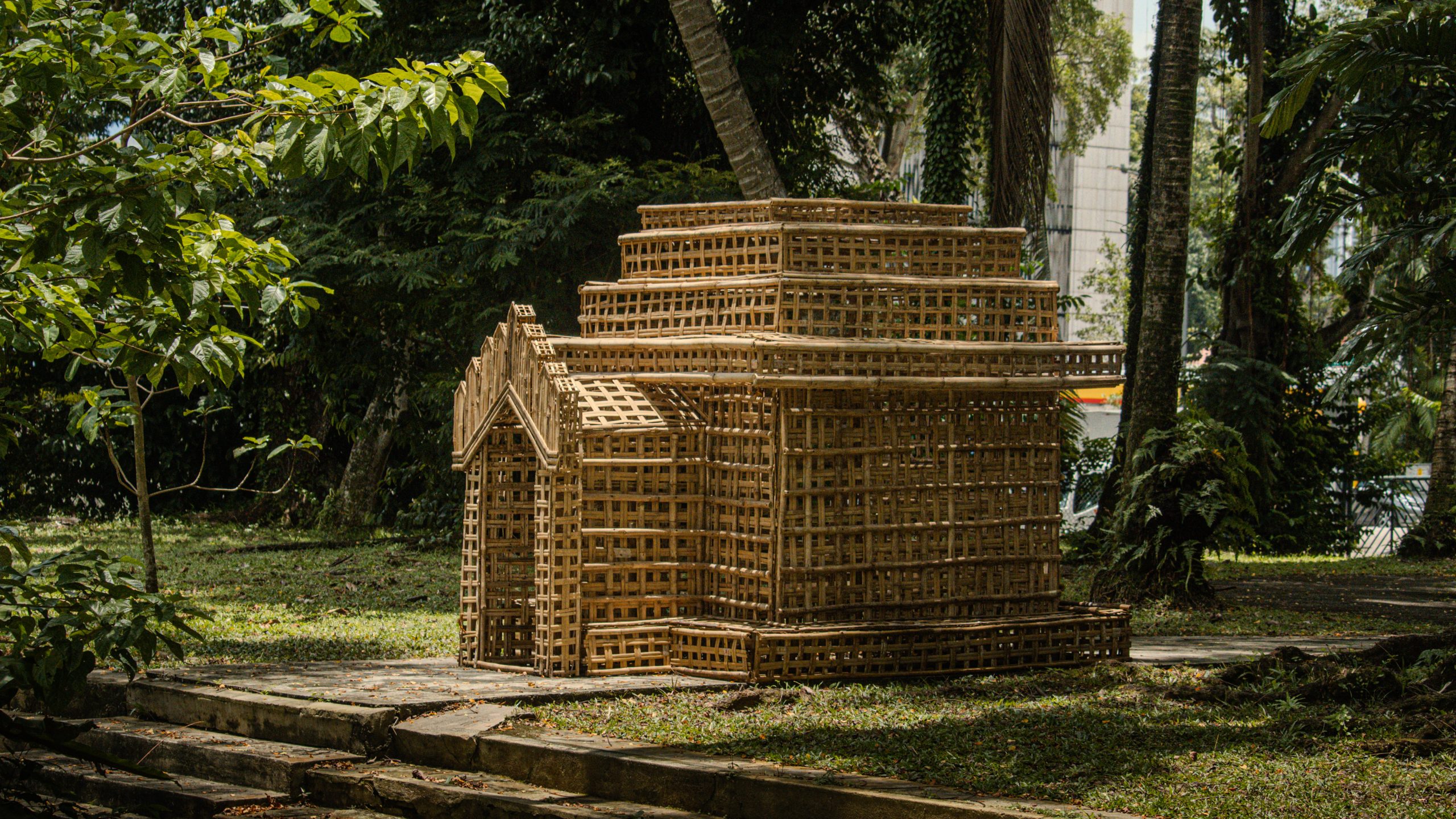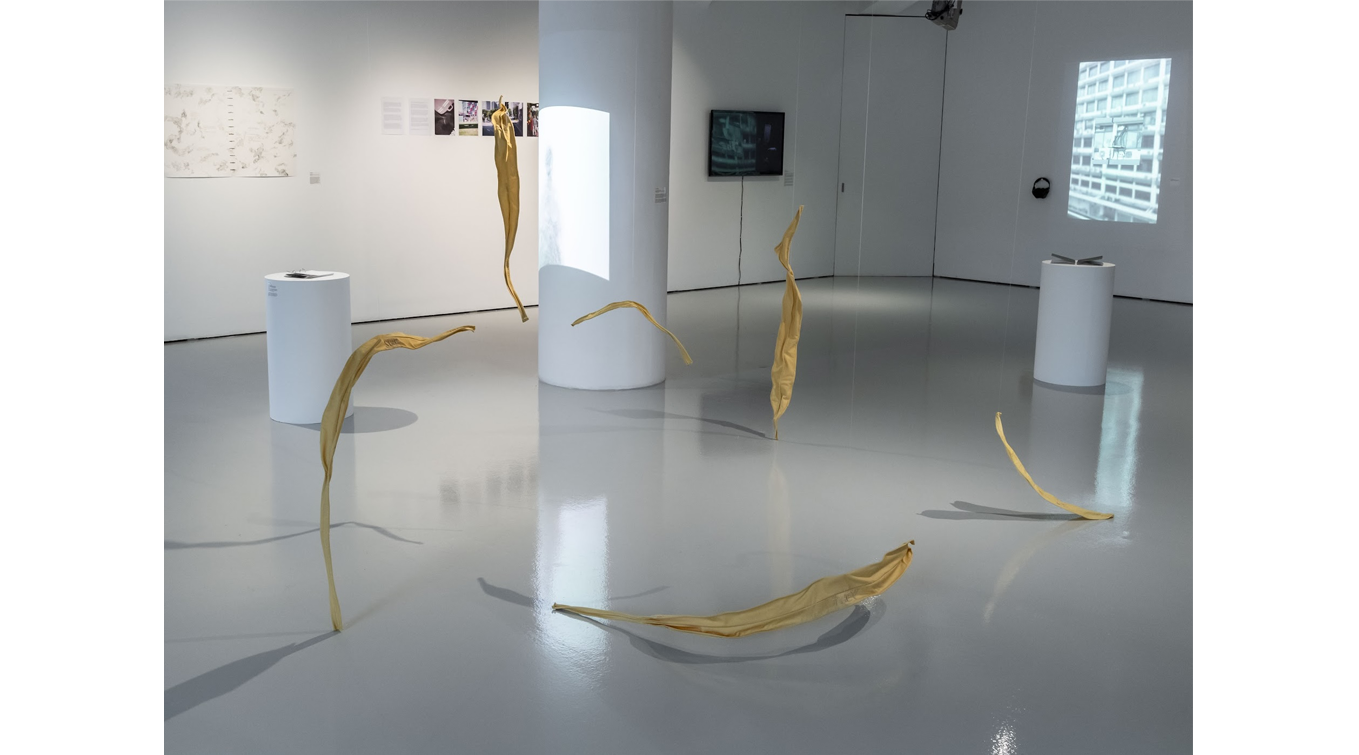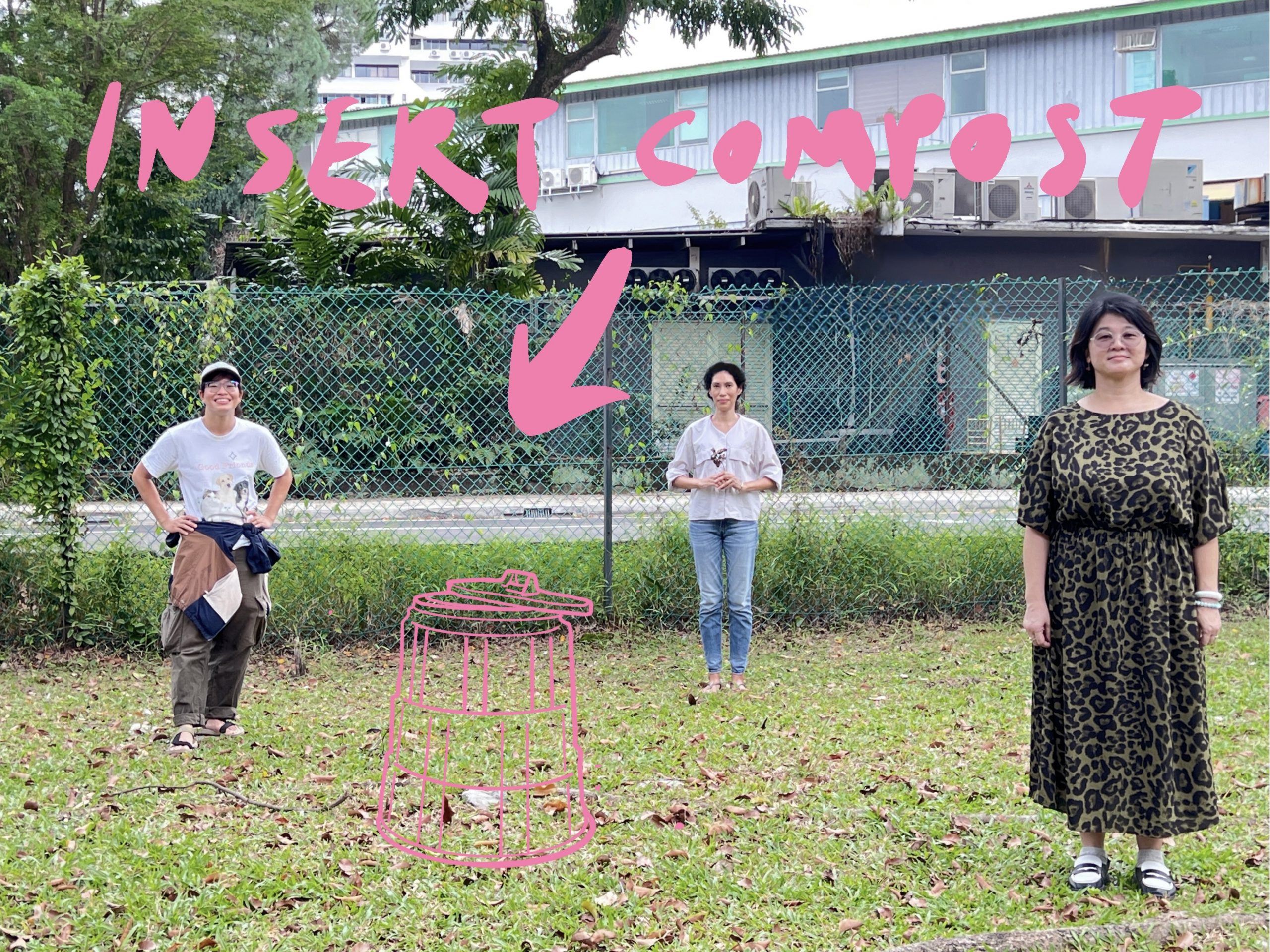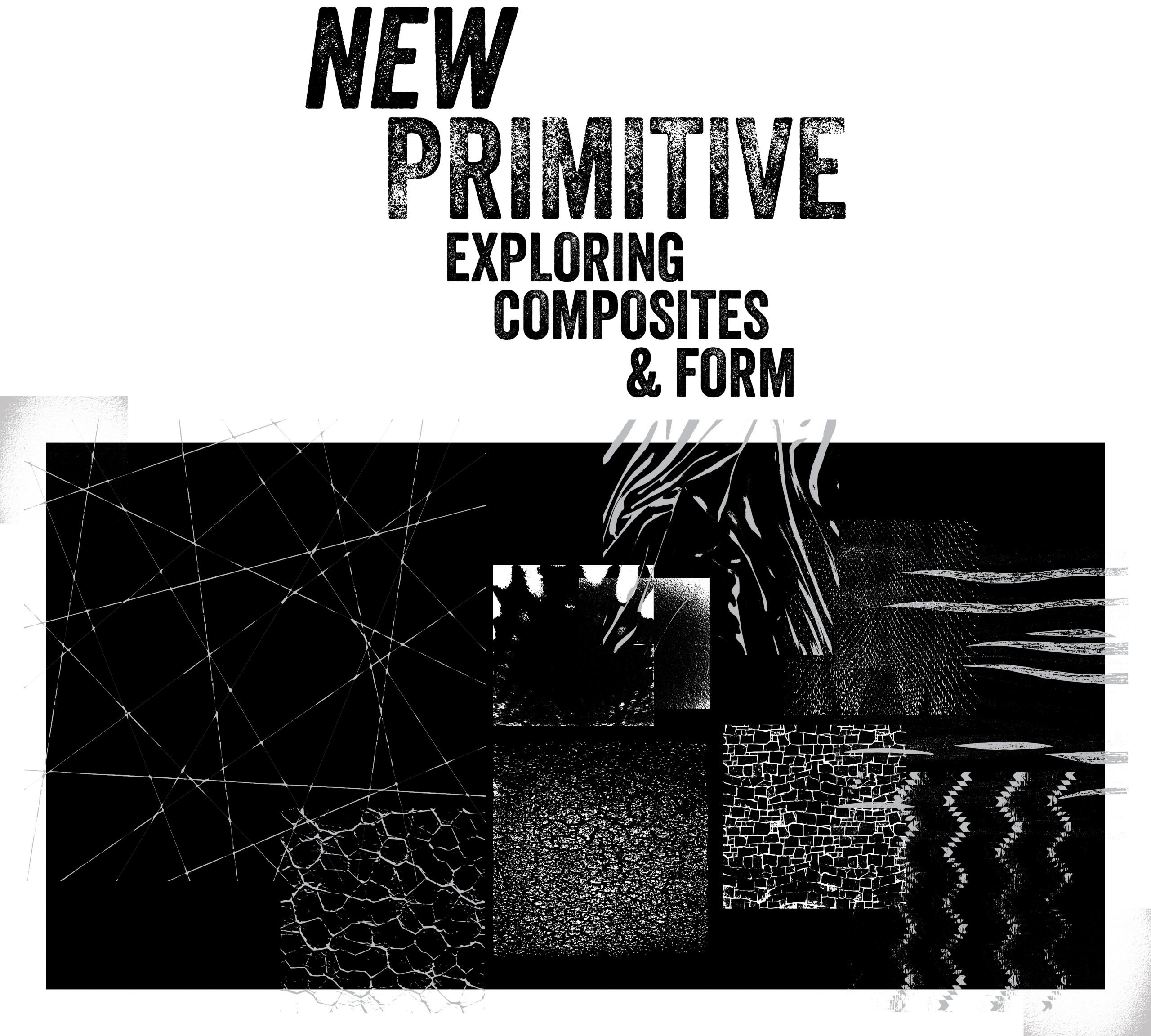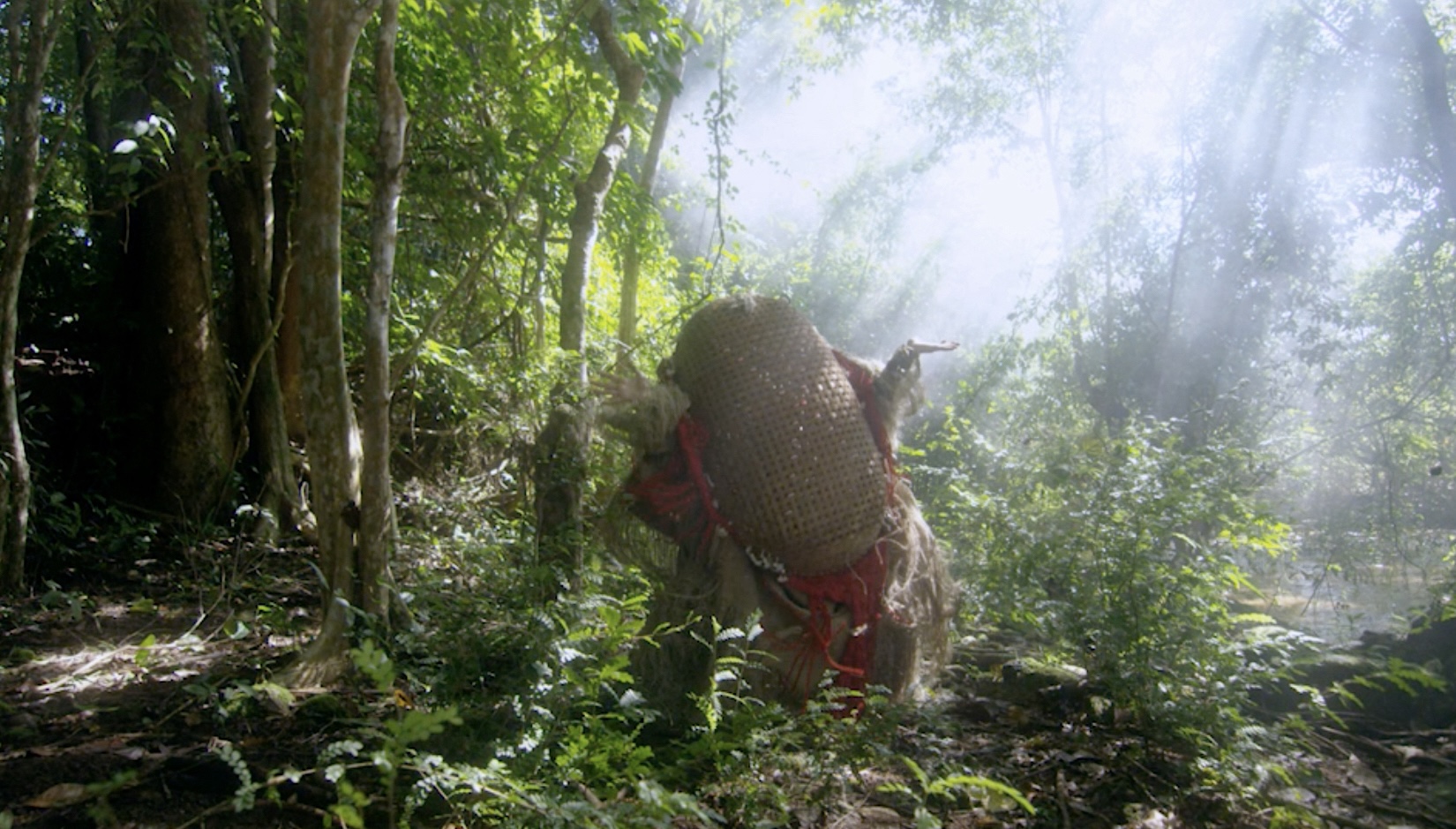Tropical Lab is an annual international art camp organised by LASALLE College of the Arts for master’s degree and PhD candidates. Led by Senior Fellow Milenko Prvački over two weeks, students from international arts schools and institutions undertake workshops and seminars in Singapore exploring various aspects of history, geography, culture and aesthetics.
About the theme
Service is an intricate concept that intertwines the values of helping others and being there in meaningful ways. At its core, service is an act that transcends mere economic exchange, embodying a deeper, more humanitarian essence. It reflects the fundamental human desire to connect, support, and provide value to others and this is embodied through a degree of selflessness, sacrifice and care. However, the nature of service is multifaceted, oscillating between its faithful humanitarian ideal (affect) and its instrumentalised role in systems of governance (effect).
Affect, which refers to the emotional engagement and presence that service providers bring into their work, is at the core of service embodying the deeply felt impact of a service rendered. A nurse caring for a patient, a teacher guiding a student, a social worker aiding a struggling family or a volunteer clearing the beaches — these acts of service are imbued with empathy, compassion, and an awareness of the human condition. Importantly, it determinately presents us as being human imprinting a lasting impact on those served.
Not all service has a humanitarian intention. In many contemporary contexts, service becomes an arm of governmentality — an infrastructural tool to manage and regulate populations or build service cultures that inform and facilitate the economy. Hard infrastructure represents the tangible, physical elements — hospitals, roads, and schools — that support service delivery, while soft infrastructure refers to the systems of governance, social norms, and policies that guide the provision of services. Service is transactional, tied to bureaucratic procedures and economic gain, motivated by consumptive practices and engineered cultures. In these spaces, how service is experienced and provided is dependent on affordability, detached from the needs of people or communities, thereby creating a classification of service provision that stratifies communities. Public service providers can range from the highest office in society to the everyday bus driver – both essential yet deeply fraught.
The affect-effect of the arts on communities – as meaningful and purposive endeavours – is a twentieth century construction. Stretching beyond the deeply personal, the need to communicate, expand access and function within a community-based ecosystem has led the arts to diversify its sites of activation and engagement. A key question is, as the arts stand at the crossroads of aesthetic centrality, humanitarian roots and the arts as an ecosystem are there far-reaching implications to the aesthetic endeavour and its purpose of self-definition and transformation? Are there modes of service emerging from aesthetic and critical perspectives that are not readily evident in public discourse?
Participating institutions
Aalto University, Academy of fine arts and design Ljubljana, Academy of Fine Arts, University of Zagreb, Bandung Institute of Art, Budapest Metropolitan University, California Institute of the Arts, Chulalongkorn University, Columbia University, Faculty of Fine Arts in Belgrade, Goldsmiths, University of London, LASALLE College of the Arts, Maharaja Sayajirao University of Baroda, Musashino Art University, Nagoya University of Arts and Sciences, National Art School, RMIT University, University of Art and Design Cluj-Napoca, University of California Davis, University of Plymouth, University of Washington, Zürich University of the Arts.
Curator
Tamares Goh




